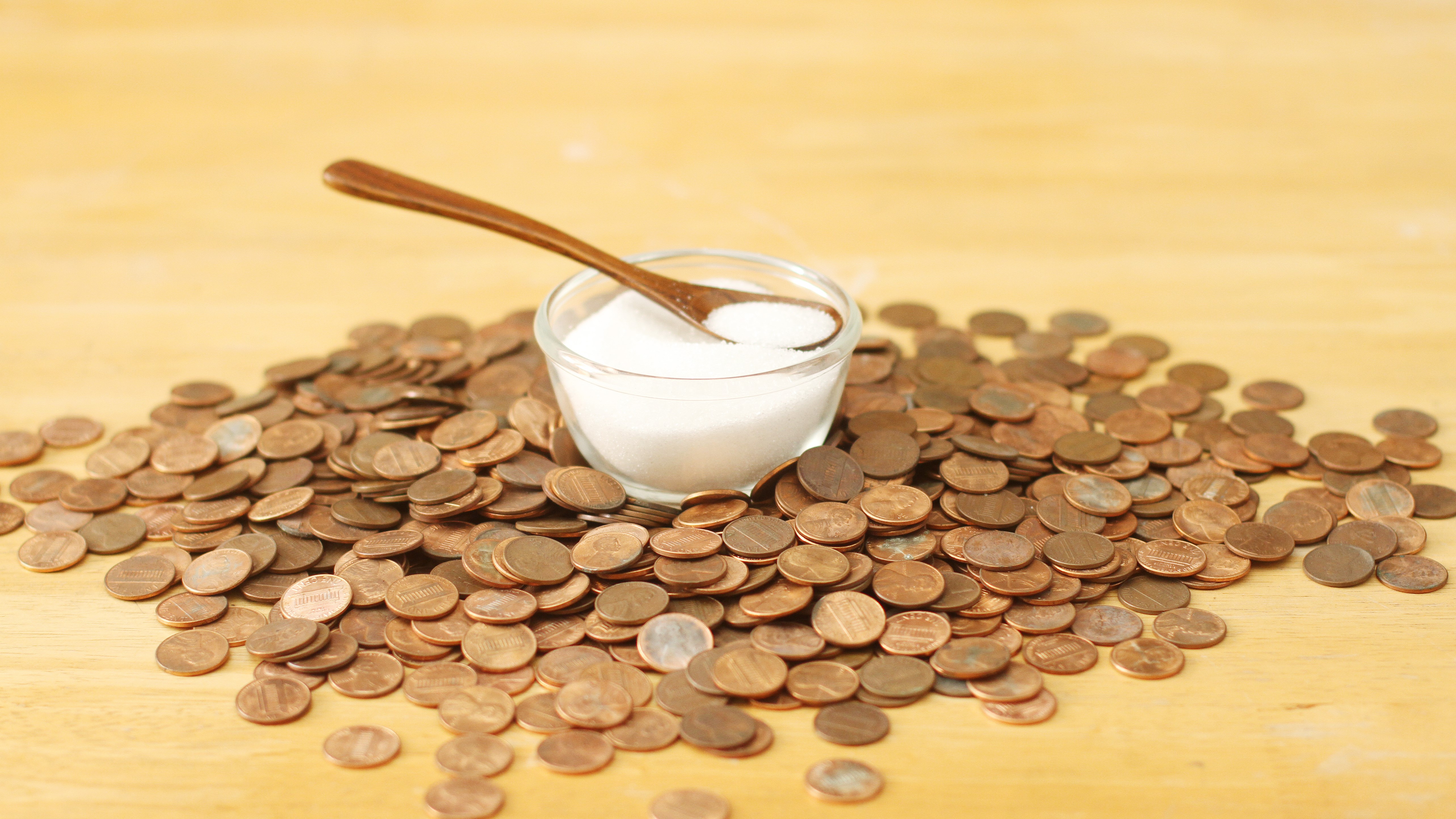
Sugar Tax: Not So Sweet For Business
Many large trends start in the UK and eventually spread to Canada and the United States. The imposed Sugar Tax is no different. The UK started heavily discussing the implementation of a Sugar Tax mid-2015 and after much campaigning, the Sugar Tax was implemented throughout the UK in 2018. Many of the larger soft drink companies started mobilizing strategies to maintain success and growth in preparation for the Sugar Tax. With the same speed and strategy, American companies must prepare for the proposed Sugar Tax that will sweep across the United States.
What states are already on board?
The Sugar Tax is not yet a U.S. Federal regulation but there are many cities that have adopted the Sugar Tax on their own. It is likely only a matter of time before all cities and states are impacted. The cities that currently have implemented the Sugar Tax include, Berkley, San Francisco, Albany, Oakland, Philadelphia, Boulder, Portland, and Seattle.
Cannot be Ignored
Sugar Tax is a trend that will hit the US even if it only increases city by city. As it increases it is hard to pinpoint exactly what the increase will look like across the board. However, based off of current taxes we can make some assumptions. When Seattle, Washington implemented the Sugar Tax it placed a 1.75 cent per ounce increase on high unnatural sugar drinks. With the inevitable hit to beverage company sales, Seattle has attempted to buffer that impact on smaller companies. “The city tax exempts diet drinks and sweetened products from certified manufacturers with annual worldwide gross revenue of $2 million or less. Products from certified manufacturers with similar revenue of more than $2 million but less than $5 million will face paying a 1-cent-per-fluid ounce tax.”
The exemptions are good news for smaller companies for now, but as they grow they will need to be able to sustain that growth despite the tax, once they have reached the $2 million cut off and then again when they reach the $5 million cut off. Larger companies have no option of avoiding this tax, large companies will see the impact now and will need to make big changes.
Continuing to look at Seattle because it is close to home for us, after the recently implemented Sugar Tax Club Store retailer, Costco, has provided commentary on the impact to their prices. Specifically, regarding the increase in their variety pack of Gatorade and their 36-pack of Dr. Pepper. The consumer price for the variety pack Gatorade increased from $15.99 to $26.33. The Dr. Pepper 36-pack increased from $9.99 to $17.99. The responsibility of covering the increased charge is landing on the consumer, and will inevitably steer them away from purchasing the product.
What’s Next?
The impending change in taxation must be addressed by beverage companies as it will continue to spread throughout the United States. Rebranding and marketing are where many companies will start as they attempt to tackle the retail change.

